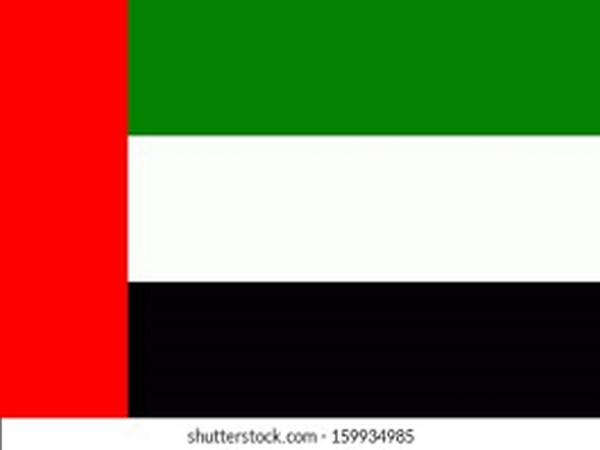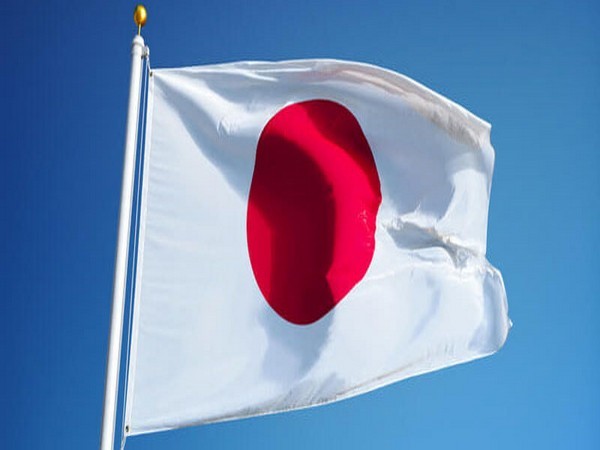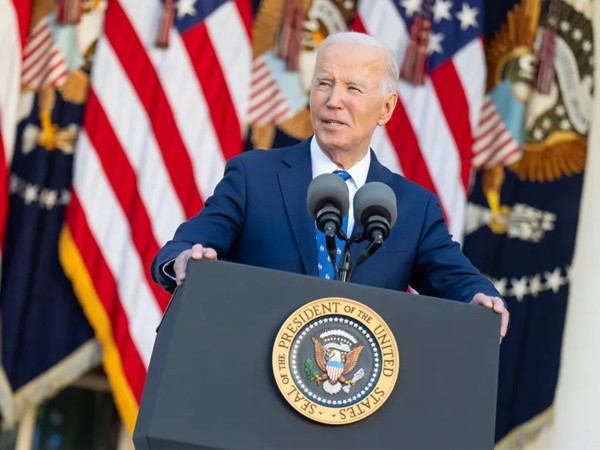World Government Summit explores future challenges, pathways to shared visions
Feb 13, 2024

Dubai [UAE], February 13: The World Governments Summit (WGS), which opened today in Dubai and runs until February 14, seeks to answer several questions that will shape the future of the world in various areas, including artificial intelligence, economy, health, education, climate, space, energy, balance of power, peace and security, government services, and human empowerment.
The summit's questions begin with "what, who, where, and how?" in search of solutions and visions to address future challenges. These include questions about the role of mind maps in accelerating sustainable development goals, designing sustainable cities, how the energy sector shapes the global balance of power, and how we can utilise 100% of our mental abilities.
WGS 2024 explores future opportunities and challenges and identify pathways to shared visions for improving government work and strengthening cooperation between world governments.
The questions and anticipated solutions to the challenges are discussed through 15 global forums and more than 110 main interactive dialogue sessions, featuring 200 global figures including presidents, ministers, experts, thinkers, and future makers, as well as more than 23 ministerial meetings and executive sessions with the participation of over 300 ministers.
Artificial intelligence and its role in various aspects of life are among the most pressing questions about the future. The fear of artificial intelligence replacing humans is at the forefront of these concerns, along with questions about the readiness of countries for the coming tsunami of artificial intelligence and whether it will lead us to the end of the world.
According to a report by Statista, a German online platform that specializes in data gathering and visualization, the global artificial intelligence market is expected to grow 20-fold during the current decade, reaching approximately $1.85 trillion USD by 2030, compared to $95 billion at the end of 2021.
Source: Emirates News Agency









